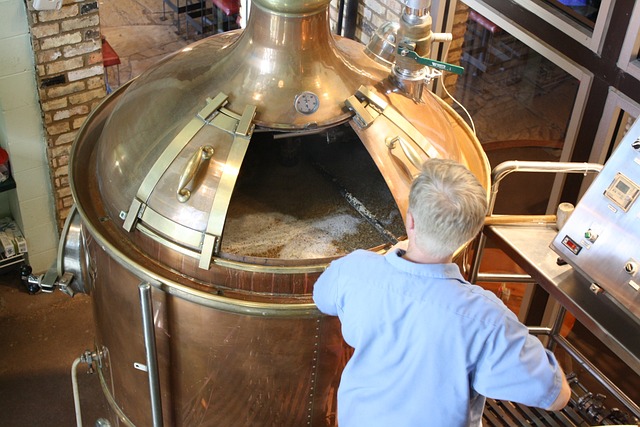Beer is more than just a cold beverage; it’s a complex fusion of flavors and aromas that can be greatly influenced by temperature. The way you store, serve, and enjoy beer can significantly impact your tasting experience. In this exploration of the science of beer, we’ll delve into how temperature affects the taste of this beloved brew.
Understanding Temperature’s Role
Temperature plays a crucial role in the sensory perception of beer. Different beer styles have varying ideal serving temperatures, and understanding these nuances can enhance your appreciation of this beverage.
The Ideal Serving Temperatures
1. Lager and Light Ales
- Ideal Temperature: 38-45°F (3-7°C)
- Why: Serving these beers at a cooler temperature enhances their crispness and highlights their subtle flavors.
2. Pale Ales and IPAs
- Ideal Temperature: 45-50°F (7-10°C)
- Why: Slightly warmer temperatures allow the hop aromas and flavors to shine without being muted by extreme cold.
3. Stouts and Porters
- Ideal Temperature: 50-55°F (10-13°C)
- Why: The rich, complex flavors of dark beers are more pronounced at slightly warmer temperatures, revealing their full character.
4. Belgian Ales
- Ideal Temperature: 50-55°F (10-13°C)
- Why: Belgian ales benefit from a slightly warmer serving temperature, which enhances their fruity and spicy notes.
The Science Behind Temperature
1. Aroma Release
Temperature affects the volatility of compounds responsible for aroma and flavor. Warmer beer releases these compounds more readily, allowing you to fully appreciate the beer’s bouquet.
2. Taste Perception
Cold temperatures can dull your taste buds, making it challenging to detect subtle flavors. Slightly warmer beer allows your taste buds to function optimally, revealing the beer’s complexity.
3. Carbonation
Temperature influences the solubility of carbon dioxide in beer. Colder beer holds carbonation better, resulting in a crisper mouthfeel, while warmer beer may feel softer.
Storage Considerations
Proper beer storage is essential to preserving its quality. Store beer in a cool, dark place away from direct sunlight and temperature fluctuations. Extremely cold temperatures, such as freezing, can damage beer and alter its taste.
Experimenting with Temperature
To truly appreciate the impact of temperature on beer, try the same beer at different temperatures. Taste it when it’s cold, then let it warm up slightly and taste it again. Notice how the flavors evolve as the beer changes temperature.
The science of beer reveals that temperature is a critical factor in how we perceive and enjoy this beloved beverage. By serving beer at the ideal temperature for its style, you can unlock its full potential of flavors and aromas. So, the next time you crack open a cold one, consider the science behind it and savor the rich tapestry of tastes that temperature can unveil.
